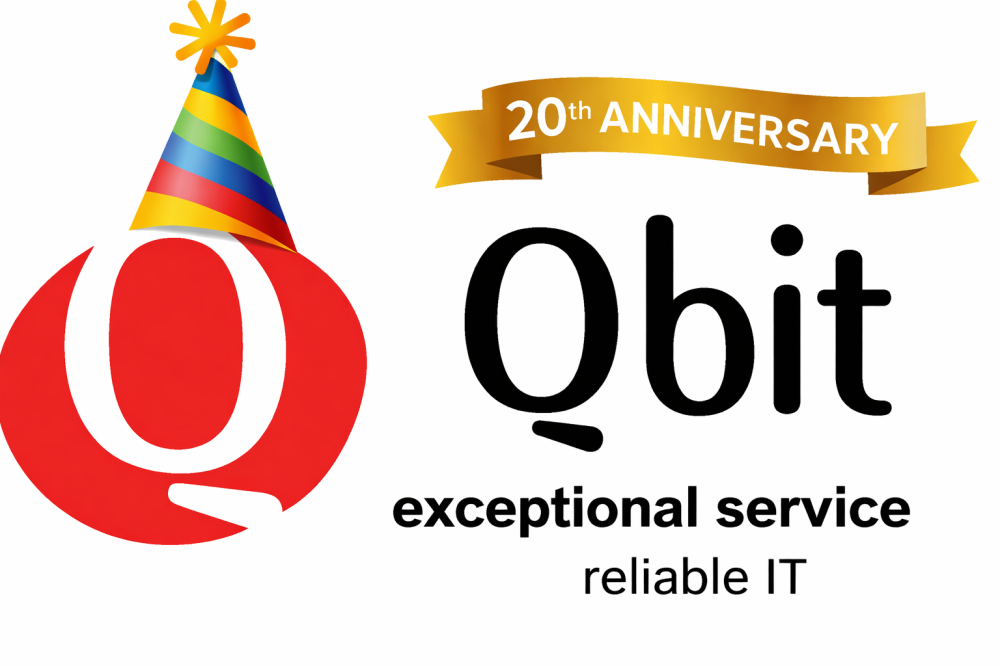October marks Cybersecurity Awareness Month, an ideal opportunity for families and businesses alike to focus on online safety. While most conversations around cyber security tend to revolve around corporate IT support and business IT solutions Perth-wide, it is equally important to remember that cyber threats can affect anyone – particularly parents and children who may be less confident navigating the digital landscape.
Helping Your Parents Stay Safe Online
Many older Australians did not grow up with technology at their fingertips, making them more susceptible to online scams, phishing attempts, and identity theft. Here are some simple yet effective ways to protect your loved ones:
- Spotting Scams: Go through examples of phishing emails and dodgy websites together. Encourage your parents to trust their instincts; if something seems off, it probably is.
- Strong, Unique Passwords: Help them use a password manager and avoid reusing passwords across different sites. This is a key part of effective cyber security services Perth businesses and individuals rely on.
- Two-Factor Authentication (2FA): Walk them through setting up 2FA on emails, bank accounts, and social media profiles for an added layer of protection.
- Keep Software Up to Date: Enable automatic updates on their devices and explain how these updates patch security holes.
- Device Security: Install reputable antivirus software and review privacy settings together. A secure device is the first step in any cyber security strategy.
- Regular Check-Ins: Make online safety a regular topic of conversation, and offer to help if they receive suspicious emails, texts, or calls.
Building Strong Cybersecurity Habits in Kids
Children today are digital natives, but that doesn’t always mean they understand the dangers. Setting good habits early is crucial for their ongoing safety – both at home and in educational settings, such as with our IT support for schools and cyber security for education services.
- Value Privacy: Teach them not to share personal information online and discuss what’s appropriate to post or message.
- Create Strong Passwords: Make password creation a fun activity using passphrases or memorable word combinations, and stress the importance of keeping passwords private.
- Set Clear Boundaries: Use parental controls and set screen time limits. Talk about which apps and sites are safe and why.
- Lead by Example: Children learn by watching adults. Practice safe online habits and be mindful of what you share.
- Discuss Cyberbullying and Etiquette: Promote kindness and respect in all digital interactions. Let them know they can always come to you if something online feels troubling.
- Gamify Learning: Use games and quizzes to teach cyber security concepts, and celebrate when they master new skills, like recognising a scam.
Cybersecurity Is a Family Responsibility
Cyber security is not just for businesses or IT department staff – it’s a vital life skill for every member of the family. By supporting both older family members and kids with practical cyber safety advice, we create a culture of shared knowledge and resilience. This October, take the time to sit down with your parents and your children. Share your own experiences, ask questions, and commit to learning together.
Remember, the best defence against cyber threats is education and teamwork. Let’s build a safer digital environment for our families, our schools, and our Perth business community.
Let Qbit IT Solutions Help You Stay Secure
Qbit IT Solutions is your trusted Perth IT company, offering a full range of business IT support Perth businesses trust — from managed IT services Perth-wide, to cyber security for financial services, and IT support for accounting firms, mining, schools, and medical practices. Whether you’re looking for small business cyber security services or comprehensive managed IT support Perth can rely on, our expert team is here to help. Contact us today to safeguard your family and your business against online threats.


